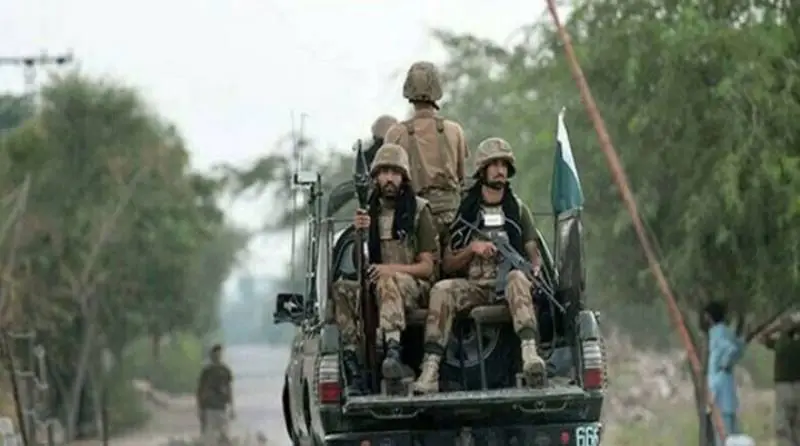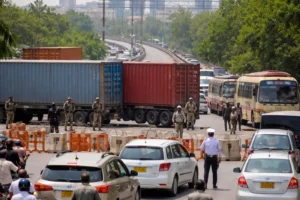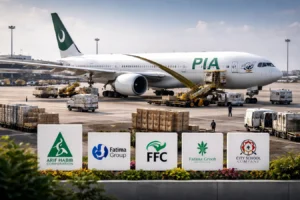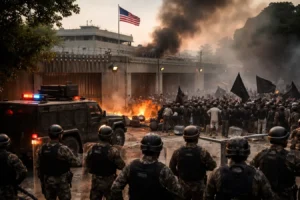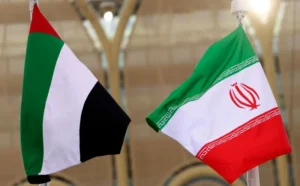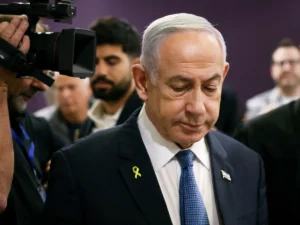![]()
Pakistan’s security forces carried out two major intelligence-based operations (IBOs) in Khyber Pakhtunkhwa’s Lakki Marwat and Bannu districts between September 13 and 14, 2025. According to the Inter-Services Public Relations (ISPR), 31 terrorists were killed during these encounters. The military stated that these militants were part of the banned Tehreek-i-Taliban Pakistan (TTP), which officials often refer to as “Fitna al Khwarij”.
The first operation took place in Lakki Marwat, where security forces launched an action based on reports of militant presence. After a heavy exchange of fire, 14 militants were killed. The second operation was conducted in Bannu, where 17 more terrorists were neutralised. The ISPR confirmed that sanitisation operations are still ongoing in the area to ensure that no other armed groups remain.
The Pakistani state has recently adopted new terms to describe militant organisations. Groups linked to the TTP are labelled Fitna al Khwarij, while Balochistan-based groups are sometimes called Fitna-al-Hindustan. This, according to officials, is meant to highlight what they describe as India’s role in sponsoring terrorism and destabilisation inside Pakistan.
These latest operations come only days after the ISPR announced that 45 terrorists had been killed between September 10 and 13 in separate engagements across Khyber Pakhtunkhwa. However, those operations also saw Pakistan suffer losses, with 19 soldiers martyred. The new announcement of 31 more militants killed underlines the scale and intensity of ongoing counter-terror efforts in the region.
Prime Minister Shehbaz Sharif reacted strongly to these developments. He vowed that Pakistan would respond to terrorism with “full force” and made it clear that those responsible for violence were operating from Afghan soil with Indian backing. He warned the Afghan interim government that it must choose between siding with the militants or cooperating with Pakistan. He also declared that anyone facilitating or advocating for such groups would be treated as agents of India and dealt with accordingly.
Pakistan has faced a growing wave of militant attacks in recent years, especially in Khyber Pakhtunkhwa and Balochistan. This surge followed the collapse of a ceasefire agreement with the TTP in November 2022. Since then, militant groups have repeatedly targeted security forces, police, and other law enforcement agencies.
The latest operations in Lakki Marwat and Bannu reflect Pakistan’s determination to push back. While the elimination of 31 militants marks a tactical success, long-term stability will depend on dismantling networks, cutting off funding, and ensuring that militants find no safe havens across the border. For now, the message from Islamabad is clear: Pakistan will continue to fight terrorism with all available means.

